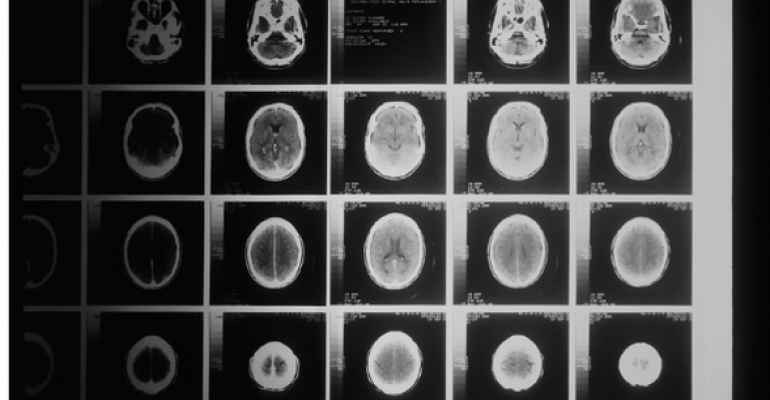
Without memory, who are we?
Remembering is actually central to all of life, although something we often take for granted. It is when we see someone robbed of their memory that we get insight into the importance of remembering. If someone we love is involved in an accident and receives a head injury, one of the things that most concerns us is, “Will they be able to remember anything?” Without memory, who are we?
Really important memories retain their sense of vividness and reality long after the actual event. These are the memories that really define who we are – the childhood incidents that the alzheimer’s sufferer still remembers, or the family memories that form all those ‘remember when…’ conversations. That these things are memories, rather than hard, tangible objects, does not diminish their reality. They may only be held in the mind – in that spongy orb of cell and neuron – but they can be the most real things we hold. Sometimes, though, the physical serves as the switch that triggers a memory. An evocative smell, or sound, or a photograph can set us on a path of reminiscing and remembering.
When Jesus told his disciples to remember him, this was no mere whimsical instruction. Spiritual remembering is meant to be as much about current experience as it is distance memory. We see this in the Old Testament story of the people of Israel. When the Passover feast was inaugurated, its potency was not only to be felt on that first night when the people were delivered from Israel. Rather, it was something that was to be tasted through all generations (Ex 12:14; Dt 16:3). The reality of God’s saving of Israel was to be the lived memory – the collective memory – of the whole nation; even those born centuries after the event.
The people of Israel had physical aids to their memory – every year the Passover meal was the trigger that led to the ‘remember when…’ conversations. And, of course, Jesus inaugurated a parallel meal for his people – a meal not only to be eaten at Passover, but, “as often as you eat this bread and drink this cup” (1 Cor 11:26). The physicality of the bread and wine remind us of the physical reality of Christ’s atoning death for us. As we eat and drink, we feed on him.
This Good Friday Christians throughout the world will be remembering Jesus, our Passover lamb, who has saved us. Our remembering is not only of something remote in history. We do not come to a shadow or legend. Instead, our remembering is the remembering of current existence. It is that which defines who we are – without Christ’s sacrifice, who would we be?